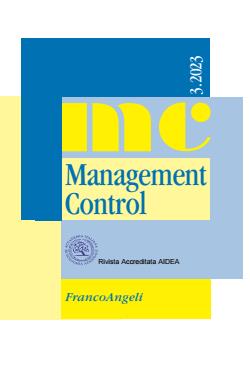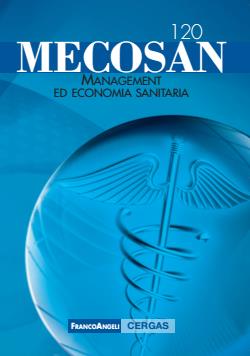
BOOKS BY LUCA PAPI


La finalizzazione del ciclo della performance delle aziende sanitarie verso il Valore Pubblico (VP) puo rappresentare una via per superare il trade-off tra efficientamento e miglioramento degli impatti socio-sanitari. Il paper intende esplorare l’adeguatezza degli strumenti di sistematizzazione, programmazione e rendicontazione della performance delle aziende sanitarie, documentabile tramite la presenza di informazioni di performance utili a supportare la governance delle stesse verso la generazione di VP. I risultati dell’analisi documentale fotografano una presenza non ancora adeguata degli elementi di performance governance nei documenti di sistematizzazione, programmazione e rendicontazione delle performance di 13 aziende sanitarie della Regione Emilia- Romagna indagate e la necessita di approfondire il dibattito scientifico sul concetto di VP nella letteratura.

Introduction: The paper considers the case of the University of Ferrara during the Fascist regime (1922-1943) and investigates the use of accounting practices in the government's attempt to achieve control of the organisation. Aim of the work: The study seeks to document how accounting practices can be enlisted to subjugate institutions that had traditionally enjoyed significant inde-pendence from governments and pursue the ideological programmes of dominant elites. Methodological approach: The paper is based upon primary sources gathered from the historical archive of the University of Ferrara. Their interpretation has been guided by the literature that has explored the connections between ac-counting and the State. Main findings: Accounting ensured that key information on the University could be gathered by the government. It also helped to make visible the need of the University to rely on government funding when Fascist policies had the effect of "starving" the organisation of funds, which caused the University to accept pene-trating controls by the State. Originality: The paper has broadened the compass of research into the interrela-tion between accounting and State power by considering an under-research context and documenting the role of accounting in controlling institutions that were essential to the achievement of political goals.



Modelli, esperienze e innovazioni
cod. 365.171